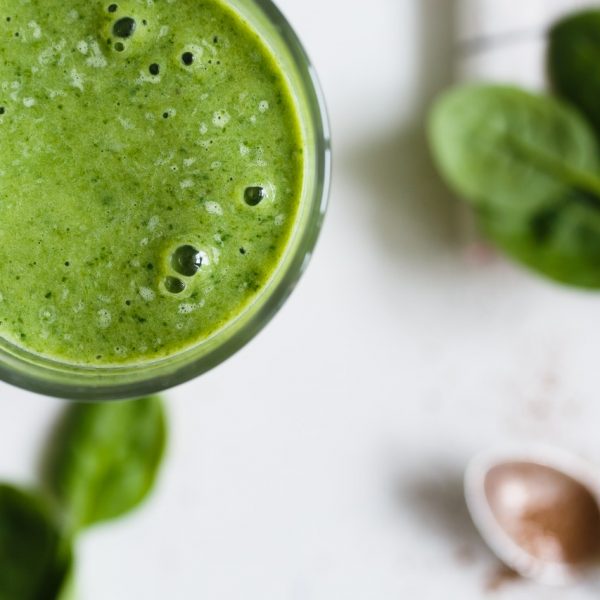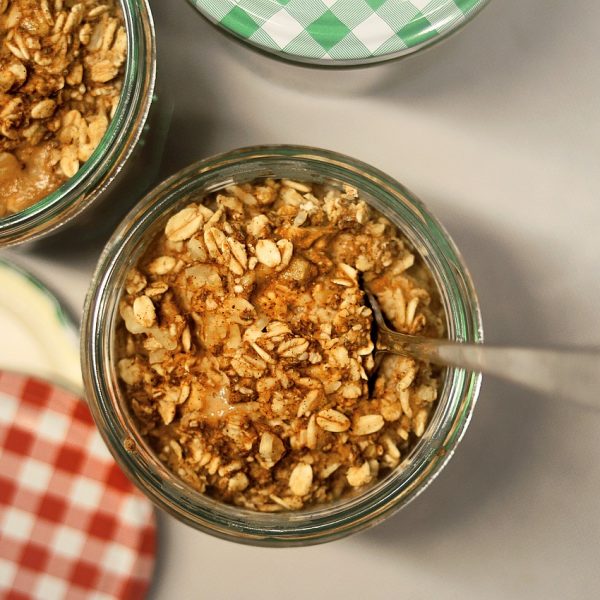How to be healthy in Ramadan while fasting in 2020- a resource for patients and clinicians
Ramadan is here and particularly in the UK, each fast is about 17 hours and especially during our coronavirus lockdown. Fasting can have a physical and emotional toll on the human body. As a result, it is worth covering the common conditions that affect people during this time and how to keep healthy in Ramadan in 2020. This information is not for religious purposes.
This information is available here as a PDF for easy sharing.
Coronavirus advice
Medically it is not advised to fast if you are symptomatic. This can lead to significant risks to your personal health. If you feel you should fast while being symptomatic please discuss with you local imam – however, this is not medically recommended.
Please do not congregate outside of your own household and use tools like Zoom or Housparty to keep in touch with friends and family.
What to expect:
Firstly only fast if you feel able to. Several groups of people are recognised to be exempt from fasting. These include those:
- with an illness like coronavirus
- who are traveling
- who are young (before puberty) or of old age
- who are pregnant or breastfeeding.
Because of the long time between starting the fast at sihori (suhoor/sunrise) and iftaar (sunset) in the UK, the fasting time of Ramadan can be a challenging 30 days of 17-hour fasts. If we have a hot summer this can make the fasting more difficult. Under coronavirus lockdown, this can be even more challenging.
The first couple of days are difficult due to adapting to the lack of fluid and food. Often, after a few days, the body becomes used to this and sleep deprivation is often a greater challenge. Ensure appropriate rest to tackle this, see below for tips.
Regarding work, explore with your employer alternate working patterns or use of leave if you are struggling. See our link on home working tips for more information.
You should NOT see your GP for a fit note in this circumstance as fasting is not a medical sickness condition.
See below for more details and our episode on this topic.
Healthy sleeping in Ramadan
During Ramadan sleep becomes a real challenge, particularly if you are unable to change your working patterns or if you have young children or other dependents. Here are some simple tips:
- Avoid caffeine and other stimulants like taurine in Red Bull as these can last up to 12 hours in your system.
- Avoid too much screen time especially 3 hours before sleeping
- Use sleep advice such as on apps like Sleepio.
- Keep your room temperature stable- 18°C is deal
- Consider a weighted blanket to help you sleep.
Exercise to keep healthy in Ramadan
Exercise is still important even while fasting. Swapping high intensity and long workouts for walking, yoga or taichi can be simple changes which can even be done under our current lockdown.
If you are physically able to do normal exercise and activity levels then this can be suitable but remember to be wary of keeping hydrated if you are sweating a lot.
Health issues in Ramadan
Headaches:
A common symptom particularly at the start of Ramadan most commonly due to dehydration or caffeine withdrawal. Prevent this with good hydration with sugar-free decaffeinated drinks when breaking fast. When able to drink, sip slowly and regularly rather than bulk drinking for better hydration. You may occasionally use of simple analgesia such as paracetamol if needed, available at your local pharmacy or self-care at your local shop as appropriate.
Constipation:
Constipation is caused by dehydration and irregular eating patterns. This can subsequently lead to stomach cramps, a common symptom in people that are fasting. This is managed with good hydration when breaking fast as above, fibre rich diet like fruit or vegetables and if severe occasional use of simple laxatives via your local pharmacy or self-care at your local shop as appropriate.
Indigestion /heartburn:
Because of the long fasts, heartburn is a common symptom especially made worse by eating oily food. This can be managed by eating healthily especially fresh fruit, lean meat, yogurt-based foods and avoiding complex carbs at night. If severe try simple antacid remedies or see your local pharmacist or self-care at your local shop as appropriate for other options.
Muscle cramps:
Muscle cramps are again caused by dehydration, see advice regarding headaches.
Chronic health conditions:
You should know if it safe for you to fast depending on your chronic health condition. If you are unsure, a non-urgent phone call with your GP would be the best way to confirm. If you are on medications, it would be best to discuss with your local pharmacist the best way to take your medications with fasting if safe to do so.
Diabetes:
Managing chronic health conditions can be a challenge, but diabetes is probably the most complicated. It is worth looking at advice from diabetes UK. In summary:
- If your diabetes control is poor or you are on medications discuss the safety of fasting with your GP practice’s diabetes nurse team.
- If you need to test your sugar levels, be prepared to do this more often given the risk of low sugars (hypo/ hypoglycaemic episodes). This is more important for those on certain medications or insulin.
- Continue having a varied and balanced diet focusing more on slow-release, low glycaemic index foods such as oats, pita bread, lentils and wholemeal rice in place of normal rice. Avoid sugary and fatty foods.
- When you break the fast, ensure you drink plenty of sugar-free and decaffeinated drinks to avoid dehydration.
Here are some simple suggestions for sihori meals to start your fast with:




Granola pot:
Simple pieces of low glycaemic fruit such as :
- Cherries
- Apples
- Pears
- Plums
In addition, using fruits such as prunes, figs and dates can help to reduce constipation effects. Top with natural yoghurt and then low sugar granola or seeds/nuts for a nutritious and balanced start.
Oaty breakfast
Oats are an excellent slow-release grain that can stave off hunger and keep you functioning. Similar to above you may mix with fruits. Either have as a bowel of porridge or leave to soak overnight with either milk or water. Make to taste.
My favourite recipe for overnight oats is my Prunella Surprise:
Prunella Surprise
In a small jar add:
- 2 tablespoons of oats
- 2-3 soft prunes, torn or cut into small pieces
- 2 large teaspoons of yoghurt
- 100ml almond milk
- 1 teaspoon of Nutella
Combine the ingredients, mix thoroughly and leave overnight (at least 6 hours) then eat.
For the oats, I prefer the mornflake creamy superfast oats normally under £1 at most supermarkets and for the yoghurt I like to use vanilla flavoured skyr type yoghurt for extra protein.
Eggs
Eggs are a great way to have a healthy protein-infused meal to keep you going. Either poached or boiled, with a simple salad, avocado or on wholemeal/soda bread. A nice savory start to fasting.
Shakes
A great way to manage sihori for those that hate having breakfast. Blend a variety of fruits and veg and drink. Try this recipe for a balanced shake which is high in iron and other nutrients.
- Half a large banana
- Large handful of spinach
- small handful of almonds
- 1 pitted date
- large tablespoon of soaked oats or bran fibre
- water to taste
⭐Star posts⭐:
Quick video consultation skills for doctors: https://www.youtube.com/watch?v=1UivL…
How to register with the NHS app: https://youtu.be/4nRhmJ_tlI4?t=65
??⚕️Dr Gandalf’s Top medical equipment for General practice ??⚕️ see here:
YouTube: https://youtu.be/JddoeK5JcRw
Website: https://egplearning.co.uk/ramblings/d…
Subscribe to or follow the eGPlearning platform for more videos, app reviews and content to support technology-enhanced primary care and learning.
? Subscribe: https://egplearning.co.uk/subscribe/ ?
Other networks:
? Facebook — https://www.facebook.com/Egplearning/ ??
? Twitter — https://twitter.com/egplearning ?
? Twitter — https://twitter.com/drgandalf52 ?
? Website — https://egplearning.co.uk/ ?️
? Support: https://patreon.com/egplearning ?
Some links may contain affiliate links to help support eGPlearning see our disclaimer at https://egplearning.co.uk/contact/dis…
